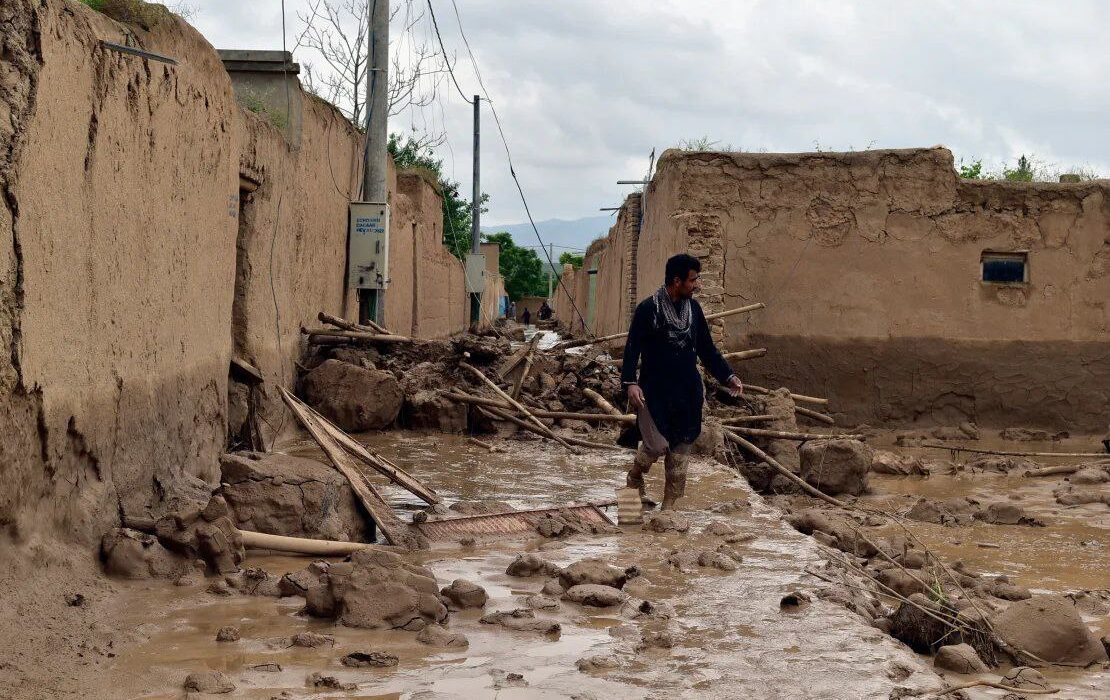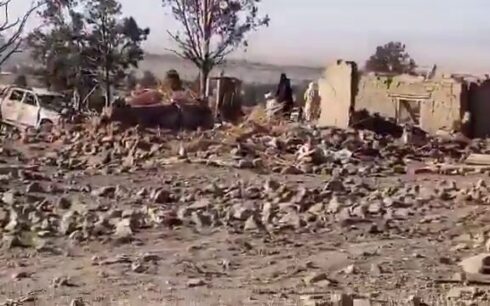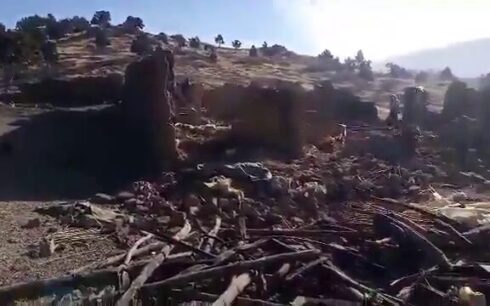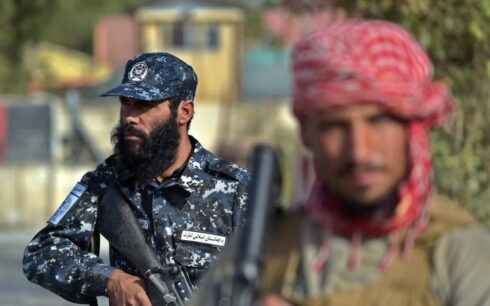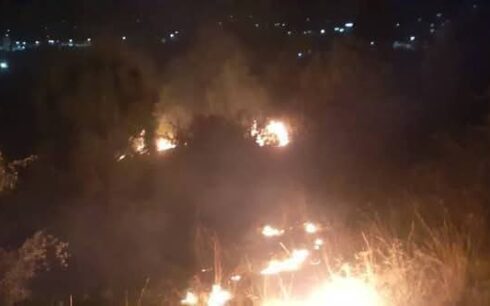Three days after a deadly flood struck Guzargah-e-Noor district in Baghlan, victims have not yet received relief assistance.
Abdul Ghani Baradar, the Taliban’s deputy prime minister for economic affairs, stated that the victims lack shelters and access to food. His remarks come amid criticism from the Purple Saturdays Movement, a human rights group condemning the Taliban’s response to the crisis.
The U.S. special envoy for Afghanistan, Thomas West, said humanitarian partners are mobilizing emergency relief for the Afghan flood victims. The UN’s health agency reports over 300 people died in recent flash floods across the region. According to the UN’s Office for the Coordination of Humanitarian Affairs, 10 districts in Baghlan, five in Badakhshan, and six in Takhar were affected.
Sadam Hossein, a resident of Baghlan, recounted the traumatic experience: “It was Friday evening when I came home from work to find a flood had occurred. I went to my neighbor’s house and saw a dead body and several dead cows around our house.”
Sahib Khan, who lost several relatives in the floods, shared his grief: “This is my nephew’s grave, this is my father’s grave, and my brother and sister are buried there. When the house collapsed during the flood, my father and nephew were already deceased. After the flood, I managed to retrieve them from under the rubble, but couldn’t save three other loved ones.”
Despite three days passing since the floods, some affected areas have still not received assistance, suffering from a lack of food, shelter, and essential relief. Baradar claimed that stranded individuals have been rescued to some extent. “People needing food and water have received some help. Only in Guzargah, it was impossible for the helicopter to deliver aid due to bad weather and unpaved terrain,” he explained.
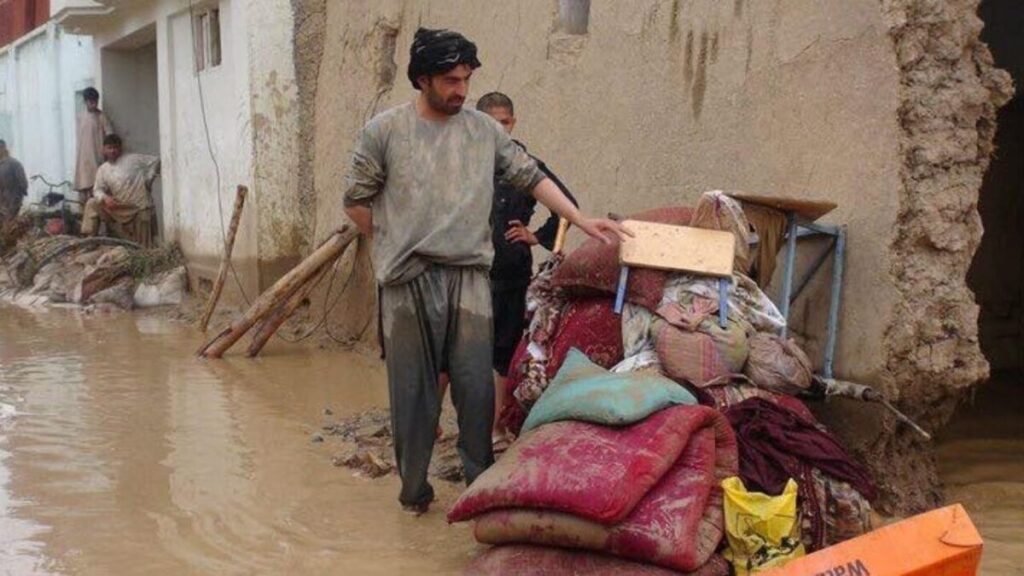
The Purple Saturdays Movement stated that the Taliban has failed to provide necessary assistance and rescue. The Taliban has yet to release exact casualty figures from the floods. Initially, the Taliban’s ministry of refugees reported at least 315 deaths, but Baradar’s office later reduced this number to 170.
The World Health Organization, under Director-General Tedros Adhanom Ghebreyesus, announced that 17 mobile health teams have been deployed to assist flood victims in Afghanistan. Nearly 9,000 houses have been fully or partially damaged, with 50 bridges, 10,200 acres of agricultural land, and 30 power dams also impacted.
West and the U.S. Chargé d’Affaires for Afghanistan offered condolences and affirmed that their implementing partners are providing emergency aid, including food, water, and other essentials to communities in dire need.
Save the Children reported that 600,000 people, including 310,000 children, have been affected by the floods in five districts of the country. The Organization of Islamic Cooperation has called for immediate assistance to the victims.

